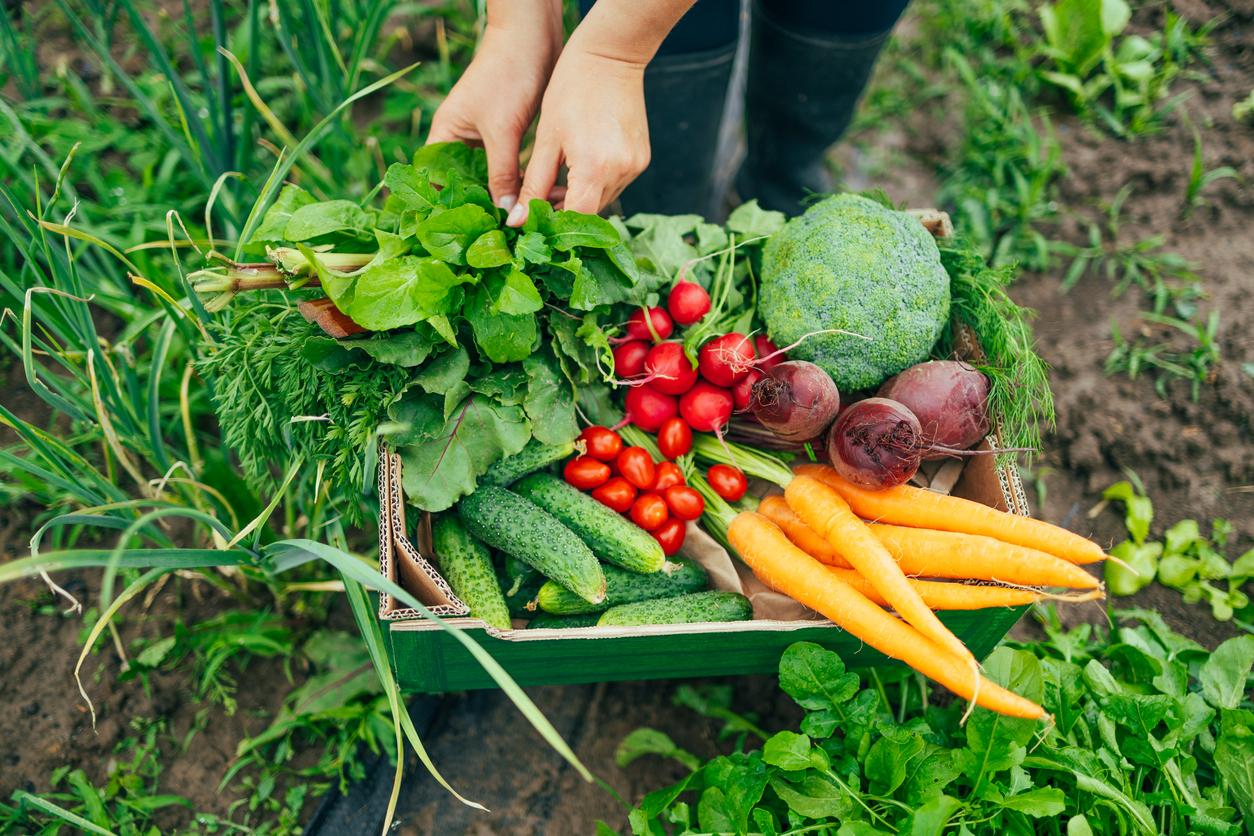Growing vegetables has had a positive impact on some health outcomes and physical performance in cancer survivors.

- Cancer survivors who participated in a year-long gardening program increased their vegetable and fruit intake by about a third of a serving per day.
- They also experienced improvements in their mobility and physical function.
- They also had better gut health.
Gardening is a great way to get outdoors and absorb vitamin D while enjoying fresh vegetables and fruits, which prevent obesity and cardiovascular disease and contribute to immune function. Can this activity improve the health of older people who have survived cancer? This is the question that researchers from the University of Alabama at Birmingham (United States) asked themselves. To answer it, they conducted a study published in the journal JAMA Network Open.
195 cancer survivors participated in a year-long gardening program
For their research, the team recruited 381 cancer survivors aged 50 to 95. These survivors were at increased risk for chronic disease, consuming fewer than five servings of vegetables and fruit and engaging in less than 150 minutes of physical activity per day. In the study, participants were randomly assigned to one group (195 adults) who began the year-long gardening program immediately, and the other group (187 people) who were placed on a waiting list to begin the intervention the following year.
Each participant received four boxes of seeds, gardening tools, and instructions for starting a home vegetable garden. Master gardeners acted as mentors and provided biweekly advice on planning, planting, and maintaining a garden. At the same time, the authors assessed the survivors’ strength, balance, and agility, while collecting biological samples and data on vegetable and fruit consumption and physical activity.
Gardening: Better physical performance among adults who grew vegetables and fruits
Results showed that cancer survivors increased their vegetable and fruit intake by about a third of a serving per day. Patients also experienced significant increases in mobility, physical function, perceived health, and improvements in their gut microbiota, compared to the waitlist group.
“Interventions that can help cancer survivors make healthier food choices, such as eating more vegetables, and provide them with more opportunities to increase their physical activity are crucial,” said Wendy Demark-Wahnefriedlead author of the study. “I hope that further work in different settings and with different populations of cancer survivors will help assess the benefits of gardening interventions. In the meantime, patients should explore ways to improve their health, and a vegetable garden is a good place to start!”

















